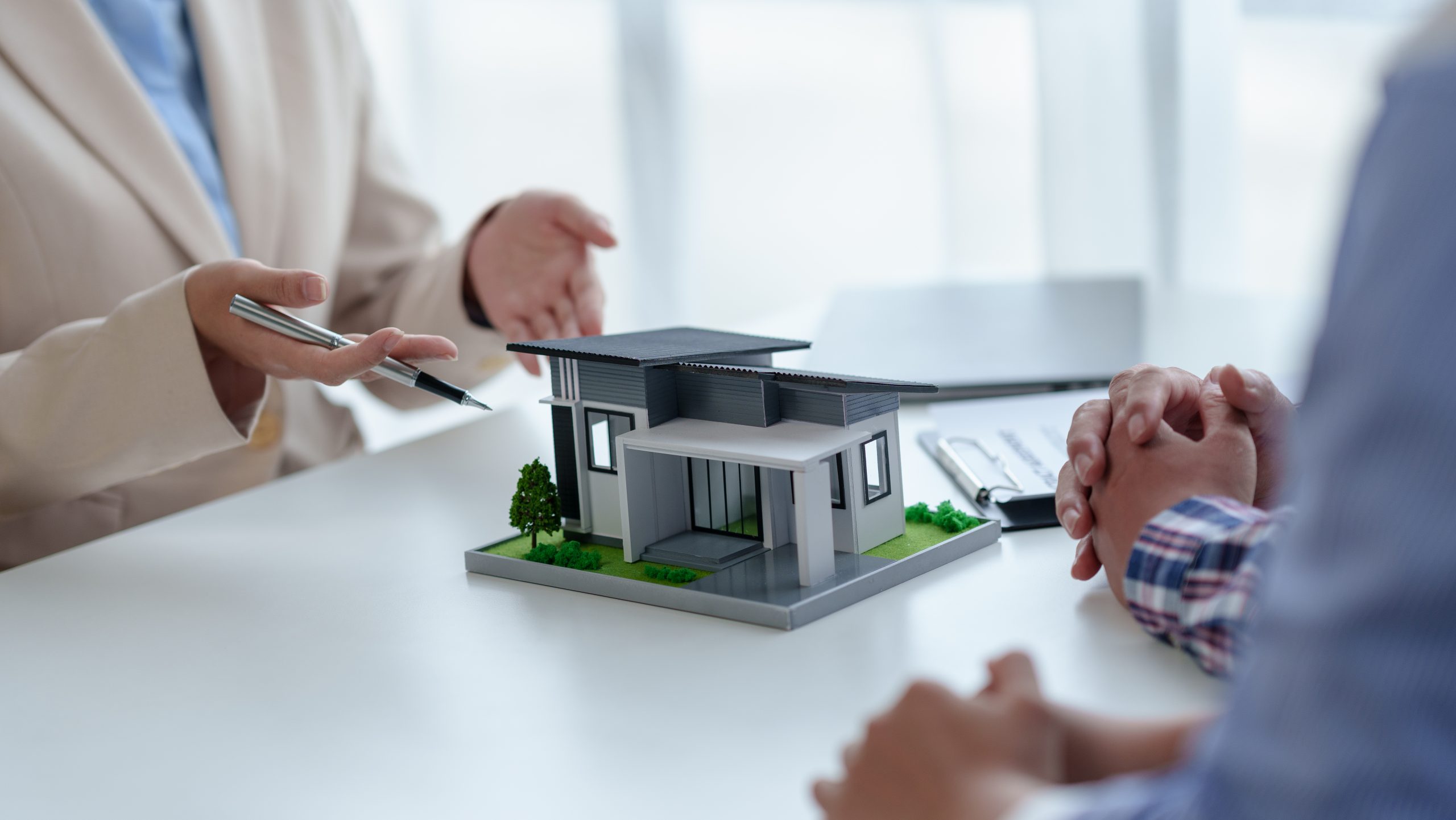
As we advance into the future, the real estate industry continues to evolve, embracing new technologies and trends that redefine how we live and interact with our living spaces. One of the most transformative trends is the rise of smart homes, which are becoming a central feature in the real estate market. This article explores the growth of smart homes along with other emerging trends that are shaping the future of real estate.
The Rise of Smart Homes
Seamless Integration of Technology
Smart homes stand at the forefront of residential real estate trends, characterized by their integration of technology that enhances the convenience and efficiency of home functions. These homes are equipped with devices that can control lighting, climate, security systems, and even appliances through voice commands or remotely via smartphones. This technological integration appeals to tech-savvy buyers and those looking for greater convenience and energy efficiency.
Enhancing Safety and Security
Intelligent security systems are a vital component of smart homes. They offer homeowners peace of mind with features such as remote monitoring, smart locks, and motion detectors that can alert them to any unusual activity in real-time. These systems can be integrated with local law enforcement for quicker responses, making smart homes not only more convenient but also safer.
Urbanization and Micro-Living
The Compact Living Movement
As urban areas become more populated, the trend towards micro-living—smaller, more efficient living spaces—is gaining traction. These units often come equipped with high-tech, multi-functional furniture and appliances to maximize space and enhance livability. This trend caters to millennials and young professionals who prioritize location over square footage, seeking affordability and urban convenience.
Rise of Vertical Cities
To accommodate growing populations, developers are focusing on vertical constructions—high-rises and skyscrapers—that combine residential, commercial, and leisure spaces. These vertical cities are designed to reduce urban sprawl and promote a sustainable lifestyle by minimizing commute times and integrating green building technologies.
Green Buildings and Sustainable Practices
Energy Efficiency and Renewable Energy
Sustainability is becoming a key priority in real estate development. Modern buildings are increasingly designed with energy efficiency in mind, incorporating features like solar panels, high-efficiency windows, and HVAC systems. These green buildings not only help reduce the carbon footprint but also offer significant cost savings over time, making them highly attractive to environmentally conscious buyers.
Eco-Friendly Materials and Designs
The use of recycled materials and the integration of natural elements like living walls and green roofs. In-building designs are trends that enhance the sustainability and aesthetic appeal of properties. These features not only contribute to the health and well-being of the occupants. By improving air quality and providing natural insulation but also appealing to a broader base of potential buyers interested in eco-friendly living.
Technological Innovations in Construction
3D Printing
3D printing technology is revolutionizing the construction industry by enabling faster and more cost-effective building processes. This technology allows for the creation of complex, customized architectural features and can significantly reduce construction waste, contributing to more sustainable construction practices.
Robotics and Automation
These technologies can perform tasks from bricklaying to painting and beyond. These technologies not only speed up the construction process. But also improve safety by reducing the human risk factor in potentially dangerous tasks.
The Digitalization of the Real Estate Market
Virtual and Augmented Reality
VR allows potential buyers to tour properties remotely, providing a realistic feel of the space without needing to be physically present. AR adds another layer by enabling users to visualize changes and renovations to spaces, aiding in decision-making.
Online Real Estate Platforms
Online platforms are simplifying the process of buying and selling homes, making it more accessible and transparent. These platforms provide comprehensive property listings and virtual tours. And all necessary documentation at the click of a button, streamlining the real estate transaction process.
A Future-Ready Industry
The real estate industry is rapidly adapting to changes driven by technology and new consumer preferences. From the rise of smart homes to the embrace of sustainability and technological innovations in construction. These trends are not just reshaping the market; they’re setting new standards for how we define home and community living. As these trends continue to evolve. They promise to bring even more exciting opportunities and challenges to the world of real estate.